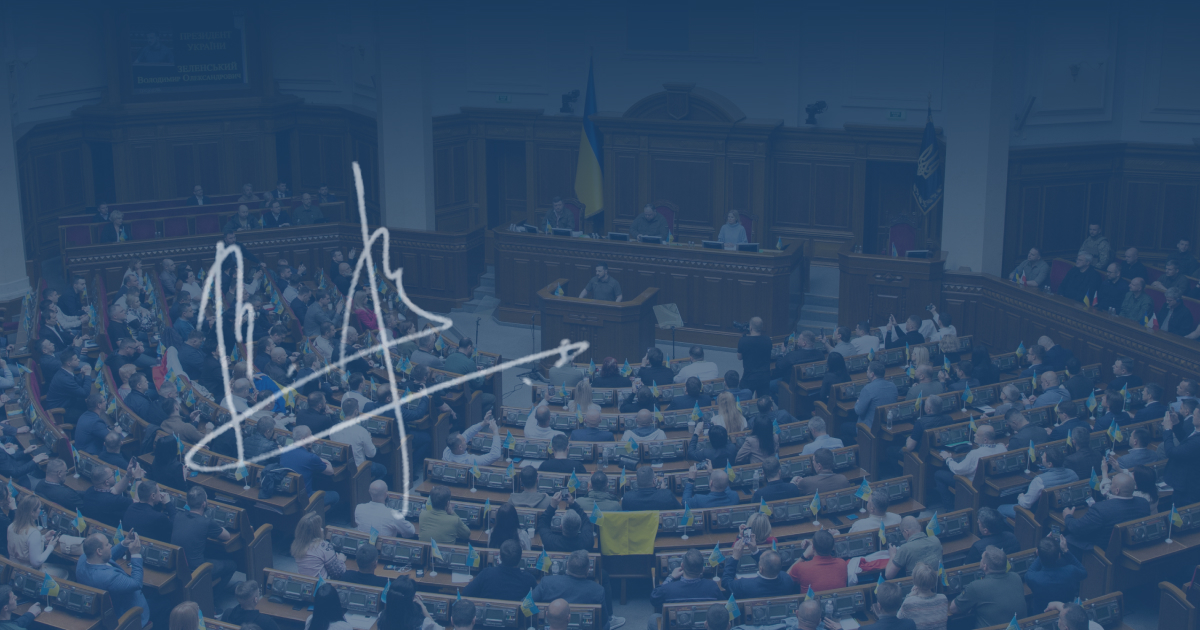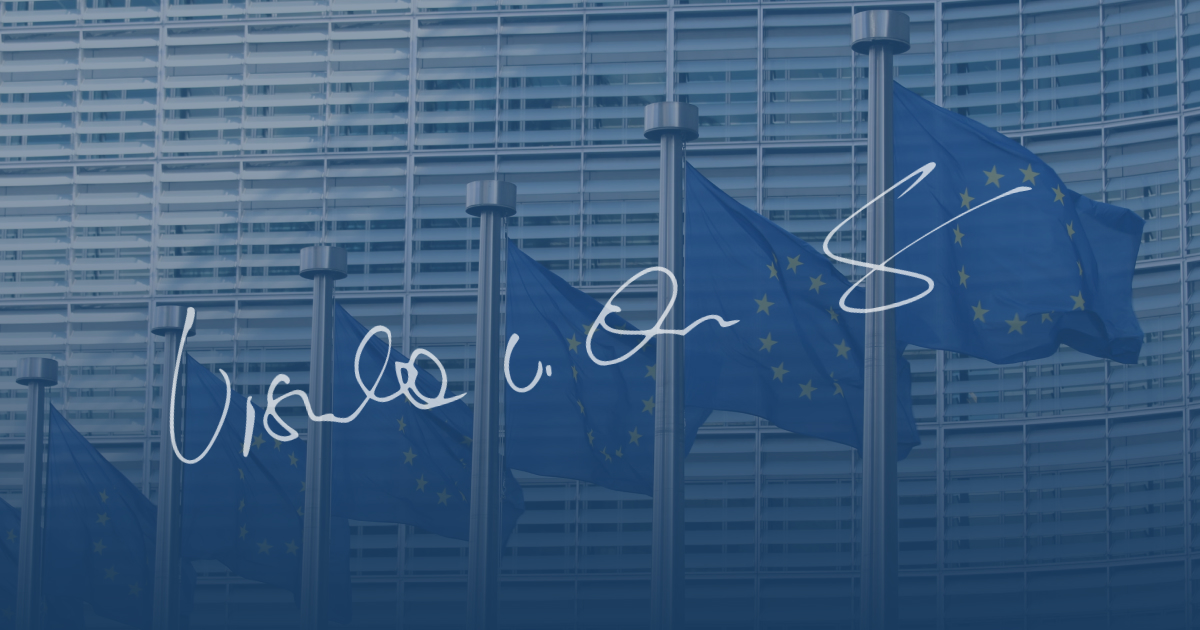Resuming declaration and hiding property: how Ukraine wants to fulfil its promise to the IMF

"To become a member of the European Union, Ukraine needs to put an end to decades of nepotism and corruption," German Foreign Minister Annalena Baerbock said at a conference on Ukraine's recovery in London.
Despite the ongoing war, corruption has not disappeared - this is confirmed, in particular, by journalistic investigations. Corruption is not only becoming an obstacle on the European integration path - officials also influence the use of billions of hryvnias of Ukrainian taxpayers' money and funds from partners who are already openly worried about where their financial aid is going.
In this article, we describe how the government is delaying the resumption of asset declarations and, in the weeks leading up to the International Monetary Fund's deadline, is drafting a new bill that contains corruption risks.
What are e-declarations, and who submits them?
The introduction of e-declarations was an essential step in the fight against corruption. All top officials, members of parliament, judges, local authorities, law enforcement and military officials are required to file declarations. They include movable and immovable property, securities, corporate rights, and monetary assets. They also declare their assets to avoid the old scheme of "registering" property to relatives.
At the beginning of the full-scale invasion, mandatory declarations were suspended, and access to the registers was closed due to the threat from the Russians. Civil servants are currently submitting declarations for 2021 and 2022 on a voluntary basis.

"The higher the position and the more corruption risks it carries, the lower the percentage of officials who file declarations," says Artem Sytnyk, deputy head of the National Agency for Prevention of Corruption (NAPC).
As of July 17, 2023, only 390,000 out of 700,000 officials filed declarations for 2021 and 258,000 for 2022. Of 404 MPs, 43 filed declarations for 2021 and 25 for 2022.
The NAPC verifies the declarations. Until the mandatory electronic declaration is renewed, the agency is monitoring the lifestyles of public officials. If it finds a difference between expenses and income, it draws a conclusion and sends it to law enforcement.
Resuming asset declarations
In 2023, some officials of various structures and positions have already been dismissed and taken into custody: among them, the military commissar from the Odesa region, Yevhen Borysov, and the Chief Justice of the Supreme Court, Vsevolod Kniazev.
However, as the NAPC notes, dismissals and imprisonments do not solve the corruption problem. It is significantly more effective to prevent corruption than to fight its consequences.

Ukraine's allies from the G7 and the EU are calling for the resumption of asset declarations. Ukrainian society is also ready: according to a poll conducted by the Razumkov Centre at ZN.UA's request, 90.9% of Ukrainians believe that public declaration of assets, including those acquired during the war, should be restored. Almost half a year ago, citizens' petition to the President demanding the return of asset declarations gained the required 25,000 signatures.
One of the conditions for the International Monetary Fund to disburse part of the $15.6 billion loan is the restoration of mandatory declaration. The relevant law is to be adopted by the end of July 2023. The NAPC states that it is ready to resume declarations and inspections.
At the same time, the Verkhovna Rada has registered draft law No. 8071 since September 2022, which restores the submission and verification of electronic declarations. The NAPC and civil society organisations demand that the draft law be adopted. The Parliamentary Committee on Anti-Corruption Policy also recommended it.
However, instead of adopting this draft law, the Ministry of Justice developed a new one with loopholes allowing hiding of property acquired during the war.

"Society expects to have a system that was in place before February 24, 2022, so that everyone could see the declaration of any official. This draft law restores the obligation to submit declarations to the NAPC system, but only the NAPC and law enforcement agencies can see them. Hundreds of thousands of people file declarations every year. The controlling authorities cannot check everything at once. Therefore, public control would be an advantage for the system," comments Tetiana Shevchuk, a lawyer at the Anti-Corruption Action Centre.
In addition, the new draft law will allow:
- not to indicate information about the official's de facto place of residence or their family members in the declaration. This will allow them to hide their property in Ukraine and abroad acquired during martial law.
- indicate rented housing only if they pay rent. This will allow them to return to the old scheme and register apartments purchased during martial law as "mum's" and not pay rent.
- not to indicate information about account numbers with no funds on them as of the last day of the reporting period. This will allow you to have a significant movement of funds in your account, withdraw them before the last day of the reporting period, and avoid declaring them.
- not to submit declarations to those involved in "state defence". Vitaliy Shabunin, head of the Anti-Corruption Action Centre, notes that the current wording of the draft law will allow even those who have not held a weapon in their hands to avoid filing declarations.
"The NAPC warns about the risks posed by the draft law prepared by the Ministry of Justice and is concerned about attempts to "restore" the institution of electronic declaration in such a way that it may lose its meaning," the National Agency writes.


